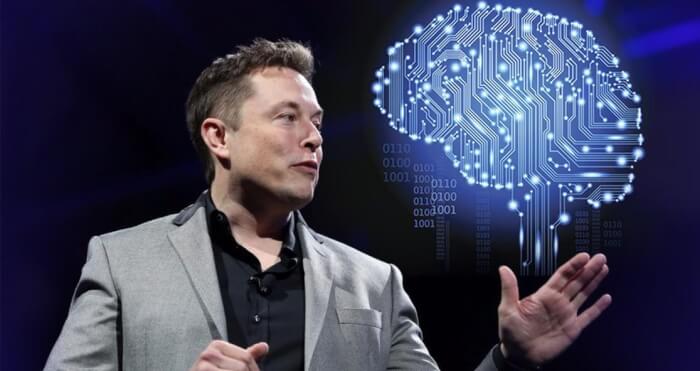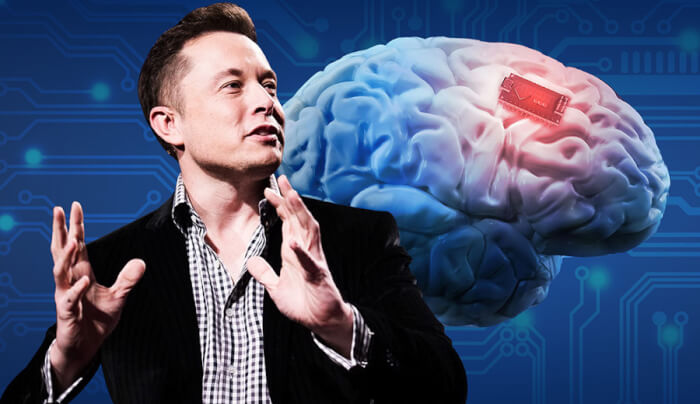Elon Musk To Implant Chips In Human Brains, Helping Paraplegics To Shop Online and Surf Web With Brainwaves
Tech billionaire Elon Musk, co-founder of startup Neuralink, has revealed that the plans to conduct experiment on chip implantation into the brains of patients with limb paralysis will start next year.
The plan is intended to begin with patients experiencing spinal cord or nervous system injuries that lead to disability. The device will help paralyzed patients interact with digital devices so that they can go online shopping, communicate with friends, surf the web directly using brain waves.
In principle, the Neuralink chip will implant electrodes in the area of the brain that controls voluntary movement, and then connect to a network in charge of processing, arousing and transmitting nerve signals.
According to Neuralink, the electrode system is so sophisticated that the company has to develop its own robotic system to ensure the device is implanted in the correct position.
"Neuralink's working well in monkeys, and we're actually doing just a lot of testing and just confirming that it's very safe and reliable, and the Neuralink device can be removed safely," the technology billionaire affirmed.
"We hope to have this in our first humans - which will be people that have severe spinal-cord injuries like tetraplegics, quadriplegics - next year, pending FDA approval," Musk added .
At the meeting, the tech billionaire also confidently asserted that the Neuralink brain chip implant's own standards are "substantially higher" than those of the FDA. Therefore, the process of waiting for a license from this federal agency is not a big obstacle for the company.
This suggests that the two-year delay in the human testing schedule could be for technical reasons, not regulatory reasons.
H/T: Business Inside
The chips will be ready in 2022
 Source: Getty Images
Source: Getty Images
The plan is intended to begin with patients experiencing spinal cord or nervous system injuries that lead to disability. The device will help paralyzed patients interact with digital devices so that they can go online shopping, communicate with friends, surf the web directly using brain waves.
In principle, the Neuralink chip will implant electrodes in the area of the brain that controls voluntary movement, and then connect to a network in charge of processing, arousing and transmitting nerve signals.
According to Neuralink, the electrode system is so sophisticated that the company has to develop its own robotic system to ensure the device is implanted in the correct position.
The billionaire’s confidence
 Source: Getty Images
Source: Getty Images
"Neuralink's working well in monkeys, and we're actually doing just a lot of testing and just confirming that it's very safe and reliable, and the Neuralink device can be removed safely," the technology billionaire affirmed.
"We hope to have this in our first humans - which will be people that have severe spinal-cord injuries like tetraplegics, quadriplegics - next year, pending FDA approval," Musk added .
At the meeting, the tech billionaire also confidently asserted that the Neuralink brain chip implant's own standards are "substantially higher" than those of the FDA. Therefore, the process of waiting for a license from this federal agency is not a big obstacle for the company.
This suggests that the two-year delay in the human testing schedule could be for technical reasons, not regulatory reasons.
H/T: Business Inside
Share this article
Advertisement